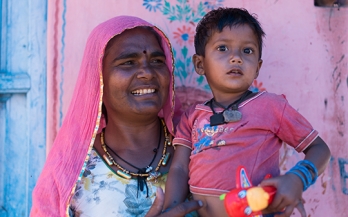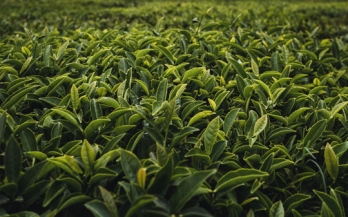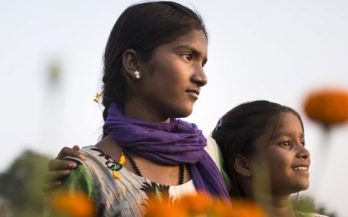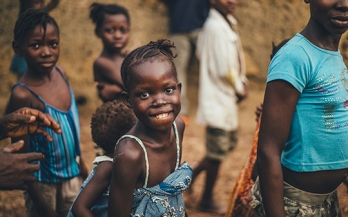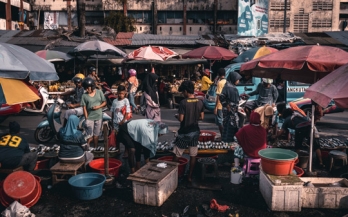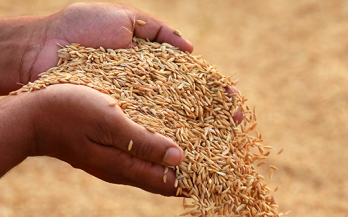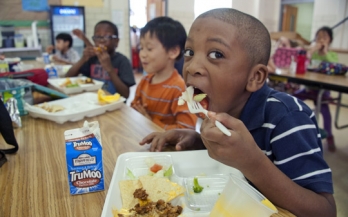Diet quality in India is characterized by overall inadequate dietary diversity, despite high rates of consumption of vegetables, animal-source foods (mostly dairy), and whole grains. Action is needed to reduce reliance on starchy staples, to increase consumption of fruits, nuts and seeds in particular, and to moderate intakes of sweet foods and drinks, and packaged salty snacks.
GAIN’s Workforce Nutrition program conceived and implemented a market-based supply chain solution to enhance the food environment around tea estates by leveraging the existing neighbourhood line shops to improve access to healthy foods.
GAIN, Unilever, and the Sustainable Trade Initiative (IDH) saw an opportunity to improve the nutrition and health of farmers, workers, and their families in supply chains, whilst working to increase supplier and worker satisfaction, productivity and brand loyalty.
India’s delivery of a pathway document for food systems transformation, in advance of the first United Nations Food Systems Summit in 2021, is evidence of a political commitment to transformative food systems action.
The Commercialisation of Biofortified Crops (CBC) Programme was launched in 2019 to address widespread hidden hunger in Africa and Asia by significantly expanding the reach of foods and food products made with biofortified staple crops.
The COVID-19 pandemic is a multiplier of vulnerability, compounding threats to food security and nutrition (FSN) while exposing weaknesses in food systems. In response, the Global Alliance for Improved Nutrition (GAIN) developed the Keeping Food Markets Working (KFMW) programme to provide targeted support to help sustain core food systems.
This Situation Report—the fifth in a series—finds that COVID-19-related control measures continue to have an impact on food systems in 10 countries where GAIN works: Bangladesh, Ethiopia, India, Indonesia, Kenya, Mozambique, Nigeria, Pakistan, Rwanda and Tanzania.
The COVID-19 pandemic is a multiplier of vulnerability, compounding threats to food security and nutrition (FSN), while exposing weaknesses in food systems. In response, the Global Alliance for Improved Nutrition (GAIN) developed the Keeping Food Markets Working (KFMW) programme to provide targeted support to help sustain core food systems, workers, and markets during the COVID-19 emergency.
The Commercialisation of Biofortified Crops (CBC) Programme was launched in 2019 to address widespread hidden hunger in Africa and Asia by significantly expanding the reach of foods and food products made with biofortified staple crops.
Public food procurement refers to how governments purchase and provide food to defined populations. Institutional food procurement refers to food purchasing and provision by organisations like schools, hospitals, care homes, youth clubs, prisons, and workplaces. Local governments often manage public food procurement at these institutions, serving food to students, patients, employees, and their families.


